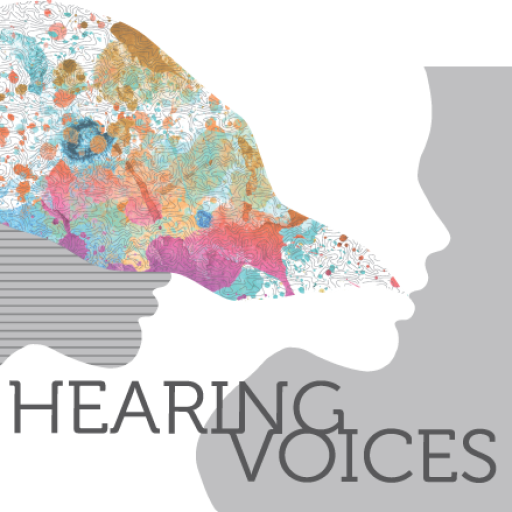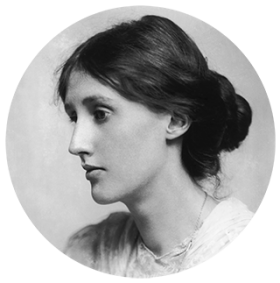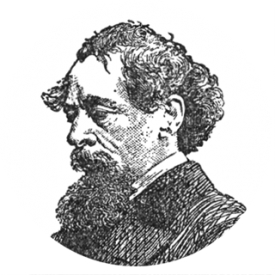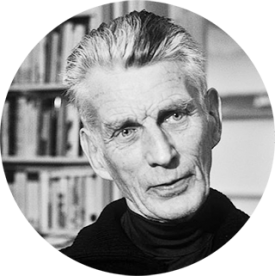Voices are essential to literary works – both in writing and in reading. In creating characters and writing dialogue, many authors have alluded to “hearing” the voices of their fictional beings and drawing on this as they write. The process remains, however, largely unexplored and little understood.
Readers also encounter inner voices through literature. Do you hear your own voice as narrator? Do you imagine different voices for different characters? Do you even imagine these characters saying things beyond the pages of the book?
Whether to a reader or to a writer, voice and voices are key features of literature: as sources of inspiration, through their representation, and in how they are received.
LISTEN
Find out more by listening to these podcasts on Literary Voices, featuring Hearing the Voice researchers Patricia Waugh, Peter Garratt and Marco Bernini. Produced by Andrea Rangecroft for Hearing Voices: suffering, inspiration and the everyday.
EXPLORE
Voice and voice-hearing feature prominently in the work and lives of many writers.
Click on the buttons below to find out more.
The following articles and websites provide useful information about writers’ and readers’ inner voices:
Jennifer Hodgson, ‘How do writers find their voices?’, Guardian Books Blog, 25 August 2014.
‘Actors, narrators, and total silence: How we hear voices when we read’, The Guardian, 9 September 2014.
Writers’ Inner Voices
Patricia Waugh, ‘It’s important to listen to imaginary voices – just ask Virginia Woolf’, The Conversation, 24 January 2017.



